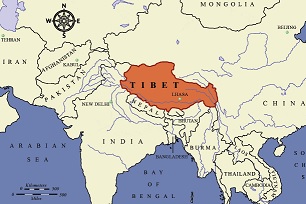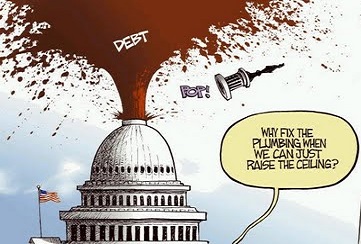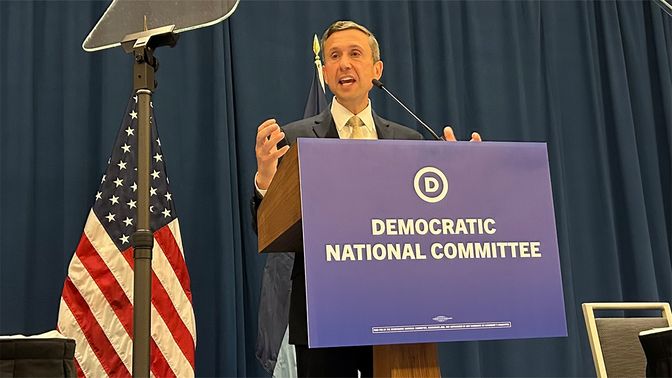| El fenómeno migratorio mundial alcanzó cifras récord en 2024-2026, con casi 304 millones de migrantes internacionales y más de 122 millones de personas desplazadas por la fuerza debido a conflictos e inestabilidad política. Los flujos, concentrados principalmente en las Américas y la Unión Europea, representan el 3,7% de la población mundial. Dos tercios de las personas desplazadas per-tenecen a tan solo cinco países: Siria, Venezuela, Afganistán, Sudán del Sur y Myanmar. |
Una de cada cinco personas en España es de origen inmigrado, según el Servicio Jesuita a Migrantes
- El SJM alerta del aumento de la irregularidad administrativa y desmonta el mito de la “frontera sur” como principal vía de llegada
Madrid, Ene. 26.– España ha alcanzado un hito demográfico sin precedentes: una de cada cinco personas residentes en el país es de origen inmigratorio. Así lo constata el nuevo informe del Servicio Jesuita a Migrantes (SJM), titulado "La población de origen inmigrado en España", elaborado a partir de datos actualizados a 1 de enero de 2025 del Instituto Nacional de Estadística (INE) y del Observatorio Permanente de la Inmigración (OPI).
 El estudio ofrece una radiografía detallada de una transformación profunda en la estructura social española y subraya que la inmigración no es un fenómeno marginal, sino un factor estructural clave del presente y del futuro del país. En términos absolutos, la población de origen inmigrado —que incluye tanto a las personas nacidas en el extranjero como a la población extranjera nacida en España— asciende ya a 9.963.353 personas, lo que representa el 20,28 % de la población total.
El estudio ofrece una radiografía detallada de una transformación profunda en la estructura social española y subraya que la inmigración no es un fenómeno marginal, sino un factor estructural clave del presente y del futuro del país. En términos absolutos, la población de origen inmigrado —que incluye tanto a las personas nacidas en el extranjero como a la población extranjera nacida en España— asciende ya a 9.963.353 personas, lo que representa el 20,28 % de la población total.
- Hits: 55


 increase in Chinese settlers in strategic frontier rural areas of Tibet. China proactively built over 600 “well-off border villages” (bianjing xiaokang cun) as part of the “Plan for the Construction of Well-off Villages in the Border Areas of the Tibet Autonomous Region” (2017–2020). Additionally, starting in 2017, China has issued 89 standardized place names in the Indian state of Arunachal Pradesh, asserting authority over an area that has never been administered by China.
increase in Chinese settlers in strategic frontier rural areas of Tibet. China proactively built over 600 “well-off border villages” (bianjing xiaokang cun) as part of the “Plan for the Construction of Well-off Villages in the Border Areas of the Tibet Autonomous Region” (2017–2020). Additionally, starting in 2017, China has issued 89 standardized place names in the Indian state of Arunachal Pradesh, asserting authority over an area that has never been administered by China.
 En el mes de Julio de aquel fatídico año 1976, a mis escasos 30 años se me nombraba Director General del Banco Ganadero y Agrícola en mi estado de Sonora. Un par de meses antes había asistido a la convención de banqueros en Acapulco en la cual, el director del Banco de México, dirigía un alentador mensaje de la salud económica del país y regresaba al DF confundido. Ahí tuve una reunión con el gran economista que fue Alonso Ibáñez, a quien le comentaba el mensaje de Fernández Hurtado. Alonso me sorprendió al responder, son mentiras, ocultan la realidad del país y te aseguro tenemos en puerta una devaluación.
En el mes de Julio de aquel fatídico año 1976, a mis escasos 30 años se me nombraba Director General del Banco Ganadero y Agrícola en mi estado de Sonora. Un par de meses antes había asistido a la convención de banqueros en Acapulco en la cual, el director del Banco de México, dirigía un alentador mensaje de la salud económica del país y regresaba al DF confundido. Ahí tuve una reunión con el gran economista que fue Alonso Ibáñez, a quien le comentaba el mensaje de Fernández Hurtado. Alonso me sorprendió al responder, son mentiras, ocultan la realidad del país y te aseguro tenemos en puerta una devaluación.
 in the 2024 presidential election, despite having repeatedly promised to publish it.
in the 2024 presidential election, despite having repeatedly promised to publish it.